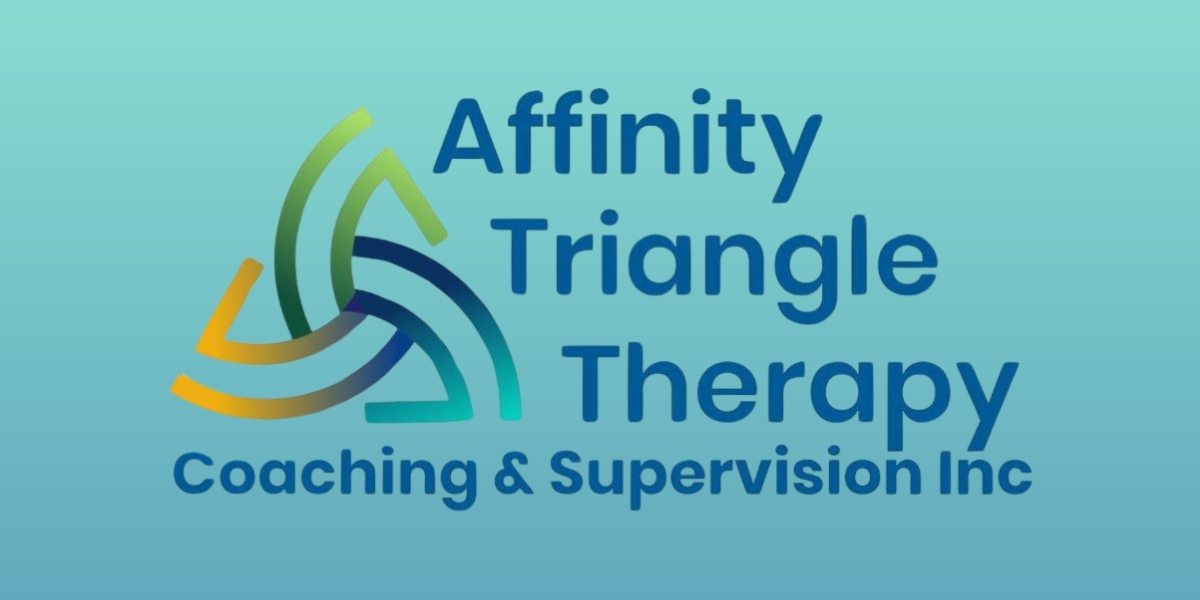By: Kaitlyn Gomez
Mental and emotional support is increasingly recognized as essential in today’s high-pressure world. While society has made significant progress in destigmatizing therapy, a lingering mindset persists—that therapy is only needed when something is ‘wrong.’ But what if the ideal time to seek support is before the storm ever hits, rather than in the depths of crisis? Sonnee D. Stanley, CEO of Affinity Triangle Therapy Coaching & Supervision Inc., offers a fresh perspective on this concept.
“I think about therapy like car maintenance,” Stanley explains. “You go in for your oil change every few months, not just when your engine stops. But when you wait until something breaks, it often takes more time, money, and emotional labor to get back on the road. Therapy can work the same way. Regular emotional tune-ups can help prevent more significant issues and support you in thriving, not just surviving.”
With over 15 years of clinical experience, Stanley has built an impressive career. As a Licensed Marriage & Family Therapist and Supervisor (LMFT-S), a Licensed Professional Counselor and Supervisor (LPC-S), and an American Association of Marriage and Family Therapist (AAMFT) Approved Supervisor, she has made a significant impact. Known for her warm yet direct approach, Stanley combines therapeutic rigor with grounded, relatable guidance, assisting clients in identifying alternative pathways. Her clients primarily include adults, couples of all commitment types, and individuals in high-pressure fields such as corporate leadership, athletics, or military service.
Stanley’s advocacy for proactive therapy grew from years of working with clients who typically seek her help when they’re already in the midst of emotional challenges. Many come to her when their marriage is on the verge of ending, or when anxiety or depression begins to interfere with their careers or personal lives.

“In couples therapy, people often show up after they’ve subconsciously decided to separate. If they had come when they first noticed recurring patterns or communication breakdowns, therapy could have helped them realign more quickly and with less difficulty,” Stanley shares.
Stanley’s philosophy is that therapy isn’t solely for crises. It is also a space for growth, self-discovery, and emotional maintenance. “People often ask, ‘Why not just talk to my friends?’ And I understand that. But friends aren’t trained to hold space without judgment or bias. Therapists provide a safe space where you can be seen as you are, without someone telling you what to do or projecting their own fears onto your experience,” Stanley explains.
This perspective is supported by research. Early intervention in mental health concerns is linked to better long-term outcomes. Preventative mental health care not only improves emotional well-being but also enhances physical health, workplace performance, and interpersonal relationships.
Stanley has seen the benefits of this approach firsthand. One example she shares is of a client who reached out when she was five months pregnant. “She didn’t come to me because she was in distress. She came because she remembered how difficult her last postpartum experience had been,” Stanley recalls.
Together, they worked for months before the birth, developing support systems, preparing for emotional triggers, and creating a postnatal plan. The result? The client required only minimal postpartum therapy. She felt ready. She was equipped. Most importantly, she didn’t wait until she was in crisis to seek support.
This proactive approach is especially important when working with demographics reluctant to seek support, such as high-achieving men. “Men aren’t typically raised to explore or express their feelings,” Stanley notes. “Many of the men I work with have been conditioned to suppress emotions for the sake of performance. Therapy can be uncomfortable for them at first. But once they realize it’s a discreet space for personal and professional development, they often find it invaluable.”
The ecosystem Stanley has cultivated reflects these values. Affinity Triangle Therapy is a community-oriented resource where clients can access coaching, supervision, and therapeutic guidance for various concerns. The organization remains dedicated to discretion, inclusivity, and empowerment, serving individuals from many walks of life. It also plays a crucial role in addressing the gaps left by school systems and workplace cultures, where mental health support may be lacking.
In the end, Sonnee D. Stanley emphasizes that therapy need not always be a reactive measure. It can be preventative, intentional, and empowering. She suggests, “If something feels off, if you’re feeling overwhelmed, anxious, or just not quite yourself, consider exploring those feelings. Seek support. Find someone whose approach resonates with yours. The goal is to help you reconnect with yourself.”
Disclaimer: The information provided in this article is intended for informational purposes only and should not be construed as professional advice. Readers are encouraged to seek personalized advice from qualified professionals before making any decisions related to therapy or mental health care. The effectiveness of therapy and related interventions may vary depending on individual circumstances.









